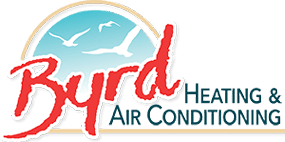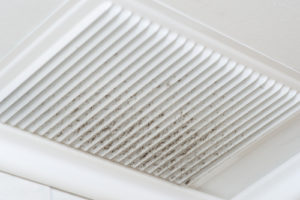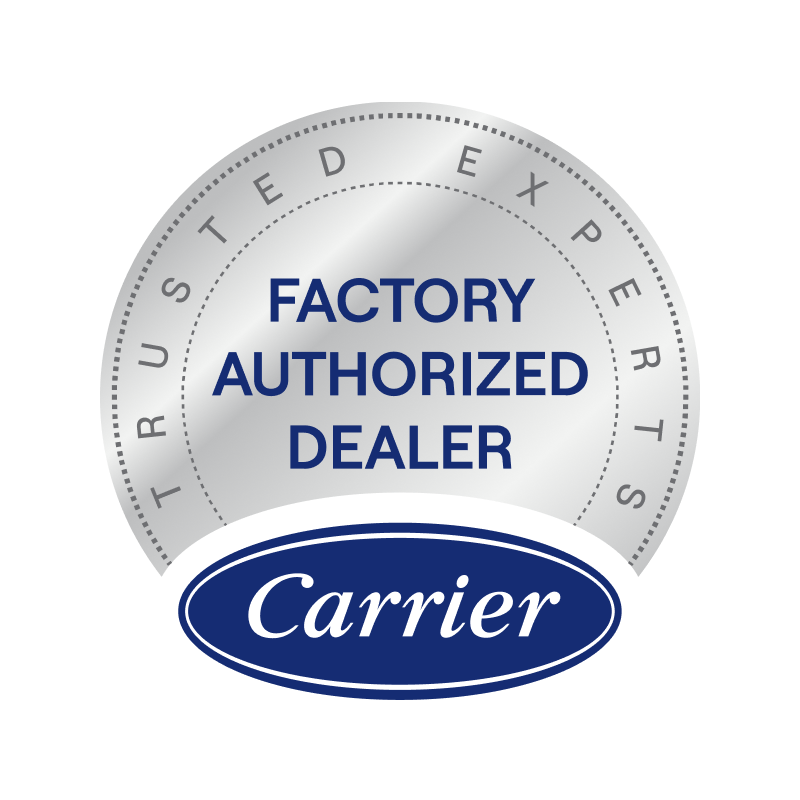In any household, dust and dirt are going to accumulate over time. Dust on the shelves, dirty carpets, muddy tracks on the floor — these are all considered a normal part of everyday life and are taken care of during regular cleanings. However, there’s another area in your home where dirt can build up and it doesn’t get cleaned often: your HVAC system’s ductwork. Keep reading for more on how dirty ducts can affect your home and family, along with details on several ways for preventing dirty ductwork.
Why Care About Preventing Dirty Ductwork?
The ductwork of your home’s HVAC system is the network of large pipes that carries heated or cooled air from the furnace, heat pump or air conditioner to the inside areas of your home. All the conditioned air that sustains indoor comfort has to travel through the ductwork. For this reason, if there are any contaminants inside the ducts, there’s a significantly increased chance that the airflow could pick those contaminants up and disperse them into your home along with warm or cool air.
Problems Associated With Dirty Ductwork
Ductwork can contain several different types of contaminants and particulates, such as dust, dirt, fibers, animal fur, insect parts, rodent droppings and mold spores. Each of these contaminants can reduce indoor air quality and cause problems with residents’ health and comfort. Problems associated with this material include:
• Respiratory troubles
• Asthma or allergy attacks
• Disease
• Unpleasant odors
• Physical discomfort
• Itchy eyes, coughing and related issues
Effective Techniques for Preventing Dirty Ductwork
Preventing dirty ductwork requires a combination of prevention, maintenance and cleaning. When applied regularly, the following techniques will be very effective at preventing dirty ductwork:
• Clean your home regularly – Help prevent dirty ductwork by cleaning your home regularly. When there’s less dirt and fewer contaminants inside your living areas, there’s less chance that this material can get into the ductwork. Cleaning should include a thorough dusting of shelves, tables and other objects where dust accumulates over time. It should also include vacuuming carpets and rugs and sweeping floors. Occasionally clean drapes, dust ceiling fans and wipe down walls.
• Schedule regular preventive HVAC maintenance – Heating and cooling systems should be given a preventive maintenance inspection and tune-up at least once a year. Ideally, heating systems should be checked in the fall and cooling systems should be checked in the spring.
During preventive maintenance, an HVAC technician will check the system, make adjustments to controls and operating parameters and conduct minor repairs. The technician should also clean the equipment to remove any accumulations of dirt, dust, oil or other material that could get into the ductwork.
Homeowners should also check and change the air filter each month. These filters remove particulates and contaminants from the air flowing through the system, helping to ensure this material doesn’t build up in the ducts.
• Have ductwork inspected – When you have preventive maintenance performed on your HVAC equipment, include a ductwork cleaning and inspection to ensure the duct system is clean and free of contaminants. The ductwork should be inspected to ensure it’s in good repair and that all segments fit tightly together. Connections should be sealed with mastic, a specialized sealant for ductwork. Any leaks in the duct system should be sealed.
This not only improves HVAC equipment performance and efficiency, but it also prevents contaminants from being pulled into the duct system. Make sure return ducts, especially those near bathrooms and kitchens, don’t develop moisture inside that can make it easy for mold to grow inside the ductwork.
• Protect ductwork during renovations or other activity – If you’re having renovations or repairs done to your home, make sure the ductwork is sealed at vents and registers before work begins to prevent material from getting inside. Repairs and upgrades that involve sanding, sawing, removing carpet and other disruptive practices can generate sawdust and disturb long-time accumulations of dirt and other material. Newly installed ductwork should be cleaned before the HVAC system is turned on to remove oil, dirt, or other substances inside the ducts.
For 28 years, Byrd Heating and Air Conditioning has been a source for top-quality HVAC services in Savannah and the surrounding Georgia communities. Contact us today for more information on preventing dirty ductwork and what to do when your home’s ducts are contaminated with dirt and other material.


